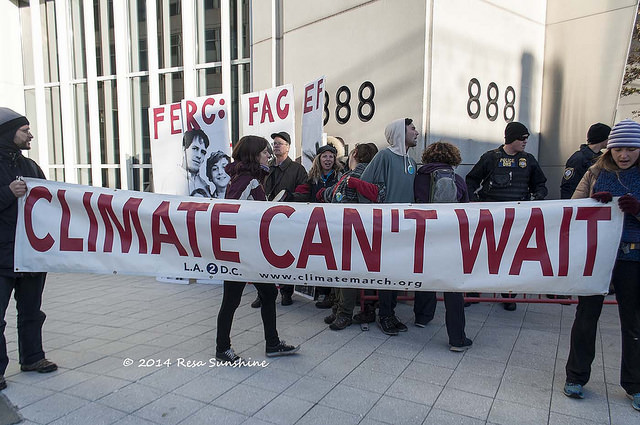After introducing the accelerator program Cofound Harlem three months ago, 22-year-old John Henry has just announced his plans to launch Harlem’s first venture capital fund. Cofound Ventures, as the VC fund is called, has a goal to raise $8 million in order to run the accelerator program and fund Harlem startups.
Currently, all of New York City’s venture capital firms are located below Central Park, with most operating in midtown Manhattan. Cofound Ventures plans to establish itself in East Harlem on 5th Ave and East 118th St.
“Harlem has never had a fund,” said Henry. “It’s a very special town. There’s a lot of recent development with Columbia expanding, and it’s the perfect time to put up the first fund.”
Cofound Ventures will provide up to $100,000 in additional funding to each company that uses Cofound Harlem’s accelerator. The accelerator program already provides startups initial stipends of $50,000, free office space and mentorship. Instead of taking equity from the startups operating under it, Cofound Harlem requires that each startup operate for its four years in Harlem.
Harlem’s unemployment rate is twice the national average. Through the funding and mentorship of startups, Henry estimates to create 800 high-paying jobs in the next four years. Startups will be also be required to host workshops to the community, free of charge, during their nine month use of Cofound Harlem’s office space.
In Cofound Harlem’s first round of startups, 75 percent of the founders are minorities.
“In terms of what we’re looking for going forward, there is no, say, direct criteria that you have to be underrepresented to be admitted, although we definitely have it in mind,” Henry said. “My goal is to keep this 75 percent for the duration of the cohort. If you consider for a moment that everyone who went through the program was white, I don’t think it would have a meaningful impact.”
Article via TechCrunch, 4 December 2015
Photo: Harlem via Ian Freimuth [Creative Commons Attribution-NonCommercial-NoDerivs]





